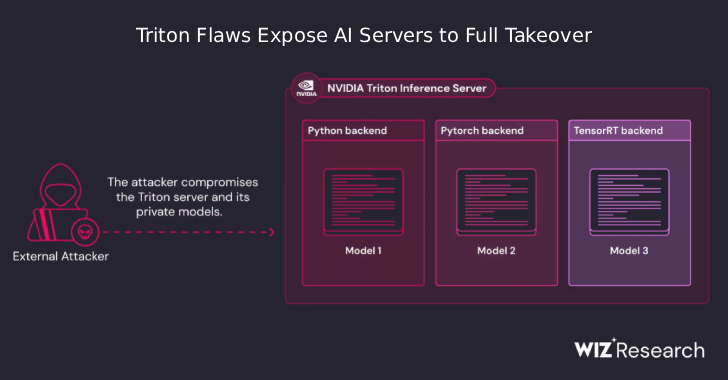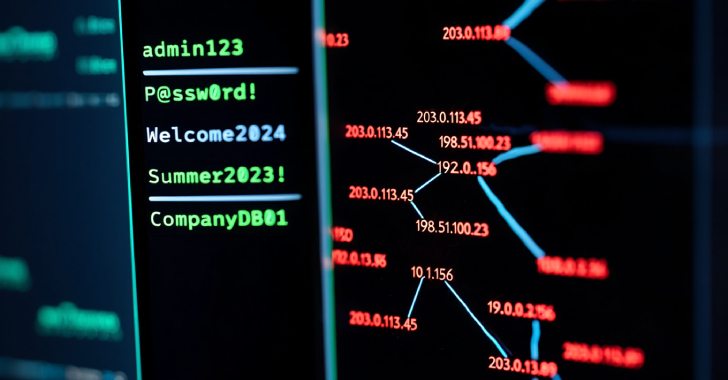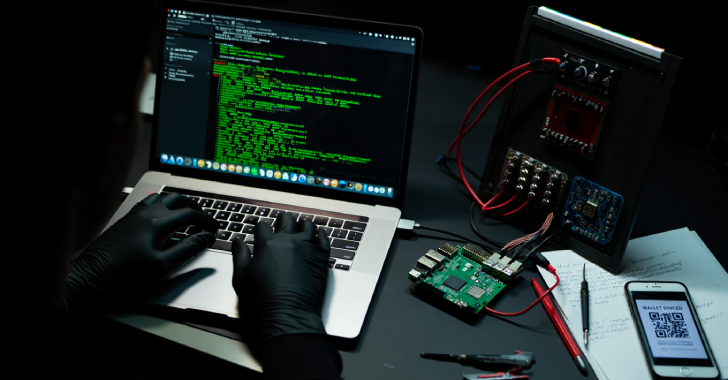
What Does it Mean to be CJIS Compliant?
In today’s digital age, data security and privacy have become critical concerns for individuals, businesses, and governments alike. Law enforcement agencies handle sensitive information and must adhere to stringent security standards to protect that data. One such standard is CJIS (Criminal Justice Information Services) compliance. In this article, we will explore what CJIS compliance entails, why it is crucial, and how organizations can achieve and maintain it.
CJIS is a division of the Federal Bureau of Investigation (FBI) that provides criminal justice information systems and services to local, state, federal, and international law enforcement agencies. It houses a vast amount of sensitive data, including fingerprints, criminal histories, biometric data, and other personal and identifiable information.
To ensure the security and integrity of this information, CJIS has developed a set of security policies and requirements that all organizations accessing or exchanging criminal justice information must comply with. These policies are outlined in the CJIS Security Policy and cover various aspects of information security, including physical security, access controls, auditing and accountability, incident response, and encryption, to name a few.
CJIS compliance is not voluntary; it is mandatory for any organization that handles, transmits, stores, or processes criminal justice information. Compliance applies to a broad range of entities, including law enforcement agencies, courts, correctional facilities, and any other third-party entities that interact with these agencies. Compliance is not limited to US entities; it also extends to international organizations that access CJIS data.
Organizations that handle criminal justice information must undergo regular audits and assessments to demonstrate their compliance with CJIS requirements. These audits, conducted by the FBI or designated state agencies, ensure that organizations have implemented the necessary safeguards to protect the data from unauthorized access, loss, or theft.
The importance of CJIS compliance cannot be overstated. Failure to meet the CJIS Security Policy’s requirements can have severe consequences, both for the organization and the individuals whose information is at risk. For instance, a data breach resulting from non-compliance could lead to the exposure of sensitive personal information, potentially causing significant harm, identity theft, or compromised investigations. Moreover, non-compliance can result in legal penalties, loss of access to CJIS systems, damage to the organization’s reputation, and increased liability.
So how can organizations achieve and maintain CJIS compliance? The first step is to thoroughly understand the CJIS Security Policy and its requirements. Familiarizing oneself with the policy is crucial to identify any gaps in current practices and develop a roadmap to address those gaps.
One of the fundamental aspects of CJIS compliance is ensuring the physical security of facilities where criminal justice information is stored or processed. This includes measures such as appropriate access controls, video surveillance, and secure storage of devices that contain or access such information. Access controls must be implemented to restrict physical access to authorized personnel only and prevent unauthorized individuals from tampering with the equipment or extracting any data.
In addition to physical security, access controls must also be enforced electronically. Organizations must implement strong authentication mechanisms, such as multifactor authentication (MFA), to ensure only authorized individuals can access the information. Password policies must be in place and enforced, encouraging the use of strong passwords and requiring regular password changes. User accounts should be reviewed regularly to ensure that access privileges are granted based on a need-to-know basis.
Encryption is another critical requirement for CJIS compliance. All data at rest, in transit, and backup data must be encrypted. Encryption protects the data from unauthorized access, even if a breach were to occur. It is essential to use approved encryption algorithms and ensure that encryption keys are adequately managed and protected.
Regular audits and monitoring play a vital role in maintaining CJIS compliance. Organizations must implement robust audit logging and monitoring mechanisms to track access to criminal justice information. Every access event must be logged, including successful and unsuccessful attempts, and retained for a specified period. These logs should be reviewed regularly to identify any suspicious activity and potential security incidents promptly. Any discovered incidents must then be reported, investigated, and responded to following the CJIS Incident Response Policy.
CJIS compliance goes beyond technology and security measures; it also emphasizes proper personnel procedures and training. Organizations must establish comprehensive security awareness and training programs for employees. This ensures that all individuals who work with CJIS data are aware of their responsibilities, understand the risks, and know how to handle the data securely. Training should cover topics such as data classification, handling, and incident response procedures.
Maintaining CJIS compliance is an ongoing commitment. It requires organizations to keep up with the latest updates and revisions to the CJIS Security Policy, as well as any additional requirements imposed by individual states. Conducting regular risk assessments and vulnerability scans allows organizations to identify and address potential weaknesses in their security controls continuously.
In conclusion, being CJIS compliant is not just a regulatory requirement; it is a duty to protect sensitive criminal justice information and the individuals connected to it. Organizations that handle this data must be diligent in adopting the necessary measures to ensure its security and integrity. CJIS compliance aligns with best practices in information security, and implementing these measures not only helps protect the data but also helps establish trust and confidence in law enforcement agencies’ ability to safeguard information.
Contact Cyber Defense Advisors to learn more about our CJIS Compliance solutions.





